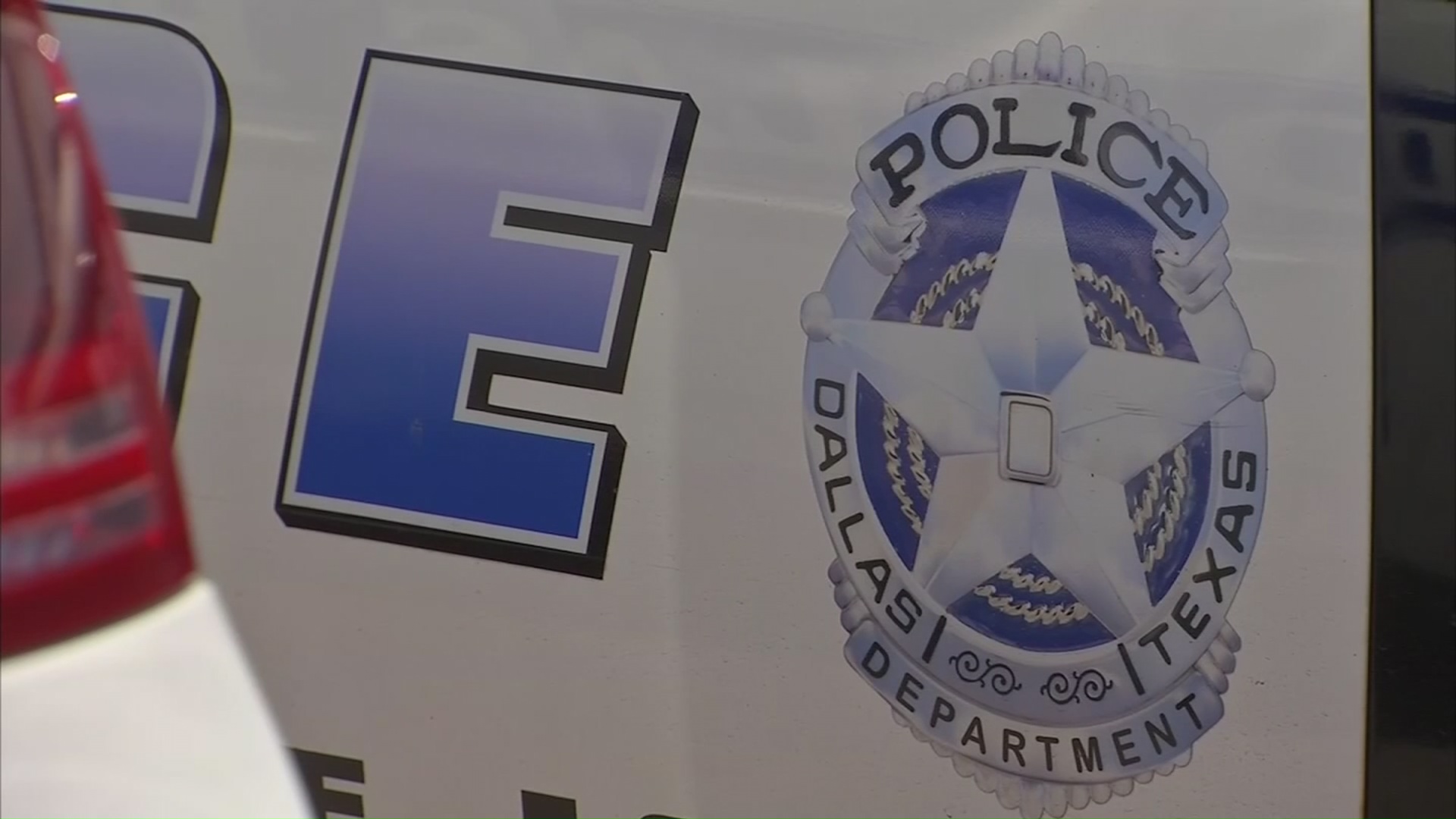The race is on to find alternatives to the dangerous, addictive painkillers blamed for thousands of deaths.
The race is on to find alternatives to the dangerous, addictive painkillers blamed for thousands of deaths.
President Donald Trump has created a commission to study the opioid epidemic, but new methods to reduce the need for these pills are being used right now in North Texas.
Dr. Aaron Shiraz, a board certified anesthesiologist at ZeroNarcotics.com, helped create a narcotic-free program that specializes in pain control during and after surgery.
Shiraz uses two different kinds of nerve-blocking procedures, which target the nerves in the area of surgery that would transmit pain signals to the brain.
The first procedure is a one-time injection of numbing medication that can last 48 hours.
"That's really the main concept: using a targeted approach to patients pain control, instead of opioids, which work on the entire body," Shiraz said.
Nerve blockers aren't new, but advancements in technique, such as using an ultrasound machine to inject them, have given doctors more precision than ever before.
Local
The latest news from around North Texas.
The second procedure involves a small micro catheter near the nerves that continuously drips numbing medicine for extended periods of time.
The modern techniques are changing the face of pain management as doctors begin to use them for major surgeries that once called for morphine hydrocodone and other addictive opioids.
"Shoulders, ankles, knees, abdominal and breast surgeries," Shiraz said. "Anything we can do to reduce the amount of narcotics, or opioids, is really going to be to their advantage."
Side effects of opioids include nausea, cognitive impairment and risk of addiction.
Patient Blake Wilson opted for a nerve-blocking pain management program instead of traditional narcotics for his ACL surgery.
"I'm up and about, and moving around, and going on errands, and playing with my little girl, and all that kind of stuff, where as I wouldn't be able to do that if I was having to take pain killers all the time," Wilson said.
He said his recovery time has been shortened, compared to the similar surgery he had five years ago.
And he said he hasn't experienced any pain that Tylenol couldn't take care of.
"My only complaint has been having to hover crutches for this long!" Wilson said.
Nerve-blocking procedures are covered by most health insurance policies.




